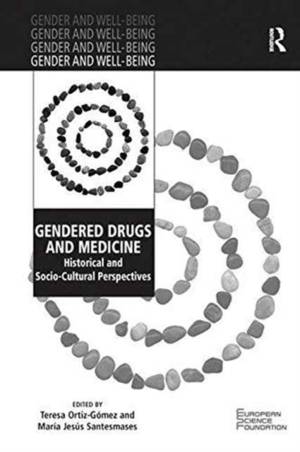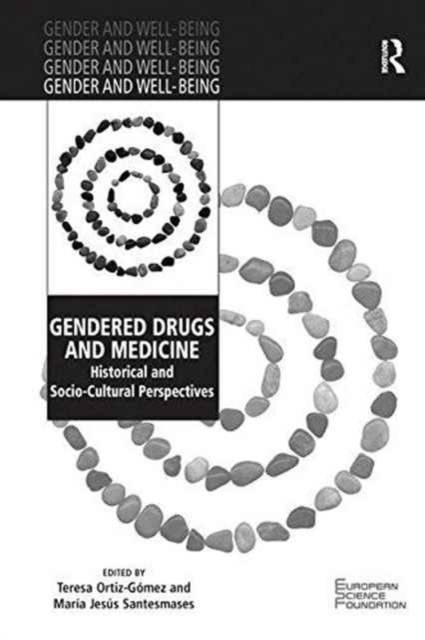
- Afhalen na 1 uur in een winkel met voorraad
- Gratis thuislevering in België vanaf € 30
- Ruim aanbod met 7 miljoen producten
- Afhalen na 1 uur in een winkel met voorraad
- Gratis thuislevering in België vanaf € 30
- Ruim aanbod met 7 miljoen producten
Zoeken
Gendered Drugs and Medicine
Historical and Socio-Cultural Perspectives
Teresa Ortiz-Gómez, María Jesús Santesmases
€ 99,45
+ 198 punten
Uitvoering
Omschrijving
Drugs are considered to be healers and harmers, wonder substances and knowledge makers; objects that impact on social hierarchies, health practices and public policies. This book focuses on the ways that gender, race/ethnicity and class, influence the design, standardisation and circulation of drugs throughout several highly medicalised countries. Seventeen authors from eight different countries, both European and non-European, analyse the extent to which the dominant ideas and values surrounding masculinity and femininity shape the research, prescription and use of drugs by women and/or men within particular social and cultural contexts.
Specificaties
Betrokkenen
- Auteur(s):
- Uitgeverij:
Inhoud
- Aantal bladzijden:
- 260
- Taal:
- Engels
- Reeks:
Eigenschappen
- Productcode (EAN):
- 9781138271470
- Verschijningsdatum:
- 9/09/2016
- Uitvoering:
- Paperback
- Formaat:
- Trade paperback (VS)
- Afmetingen:
- 156 mm x 234 mm
- Gewicht:
- 371 g

Alleen bij Standaard Boekhandel
+ 198 punten op je klantenkaart van Standaard Boekhandel
Beoordelingen
We publiceren alleen reviews die voldoen aan de voorwaarden voor reviews. Bekijk onze voorwaarden voor reviews.











